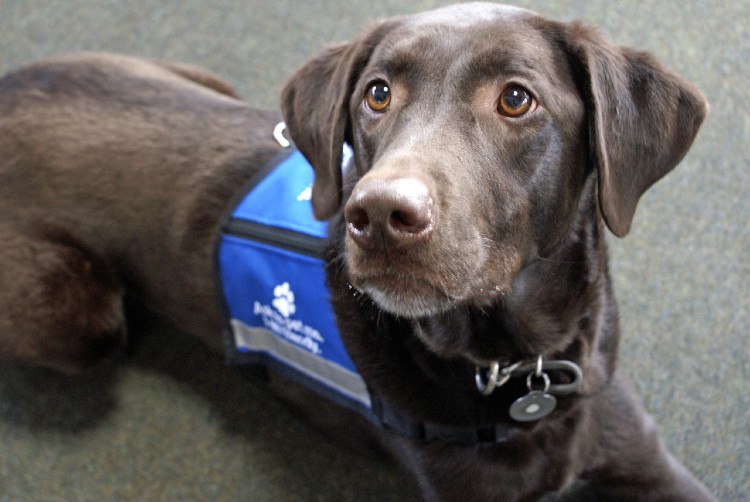What Makes a Person’s Request to Have an Assistance Animal a Reasonable Accommodation? A Real Estate Advisory.
In January of 2020, The U.S. Department of Housing and Urban Development (HUD) released new guidelines to further explain certain obligations that housing providers must follow under the Fair Housing Act (FHA), with respect to assistance animals that persons with disabilities may request as a reasonable accommodation. These issues have led to confusion for landlords and property managers in the past, so these guidelines were released with the goal of creating a list of best practices for complying with the FHA when faced with these assessments to avoid any future problems or violations. This is one way landlords and property managers like you can have the information needed to be as successful and as helpful as possible to your tenants.

To better understand what counts as a reasonable accommodation, let’s start with the basics.
There are two kinds of assistance animals:
- Emotional support animal: Serves as more of a companion to provide therapeutic/emotional support to the owner.
- Service animal: Is trained specially to perform a function or job for an owner that has a physical, intellectual, or emotional disability. Though a service animal can still provide emotional support, it has been trained to complete tasks that an emotional support animal has not.
Most importantly, assistance animals are not pets—they are either service or support animals. This means a housing provider cannot exclude service animals or support animals, or charge a fee/deposit for them.
As a housing provider, you may have already experienced a request for reasonable accommodation related to a no-pet or no-animal policy. People with disabilities may make such a request so they may use assistance animals in their housing, including in public and common-use areas. The FHA makes it unlawful for housing providers to refuse to make a reasonable accommodation so that persons with disabilities can have equal opportunity to use and enjoy their dwelling space. But the question really is, what makes it a reasonable accommodation? The most recent HUD Guidelines provide that answer.
According to the FHA, a reasonable accommodation should be made regarding assistance animals, provided the below criteria are met. It is these requirements that help ensure it is, in fact, reasonable:
- A request was made to the housing provider by or for a person with a disability
- The request was supported by reliable disability-related information, if the disability and the disability-related need for the animal were not apparent and the housing provider requested such information, and
- The housing provider has not demonstrated that:
- Granting the request would impose an undue financial and administrative burden on the housing provider
- The request would fundamentally alter the essential nature of the housing provider’s operations
- The specific assistance animal in question would pose a direct threat to the health or safety of others despite any other reasonable accommodations that could eliminate or reduce the threat
- The request would not result in significant physical damage to the property of others despite any other reasonable accommodations that could eliminate or reduce the physical damage
It goes without saying, the request for an assistance animal is not a reason to turn away a potential tenant, though there are plenty of other non-related reasons where that may be the case. As a property manager or housing provider, you have a lot to take into consideration when navigating the many needs of your tenants. If you’re looking for assistance in running your property, we can help! Contact us today for a free consultation, and we’ll show you how much easier life can be with Metro REIG on your side.


